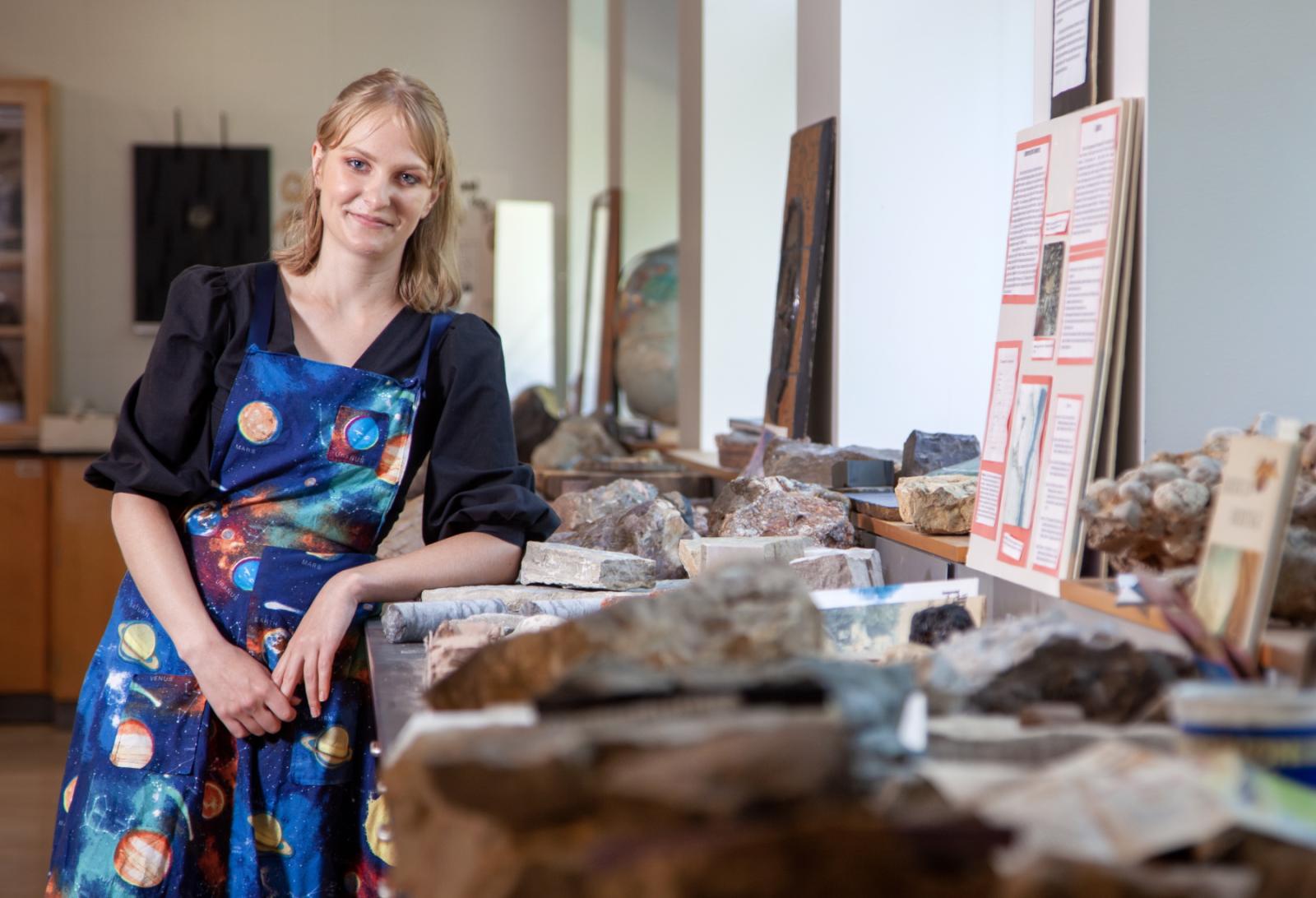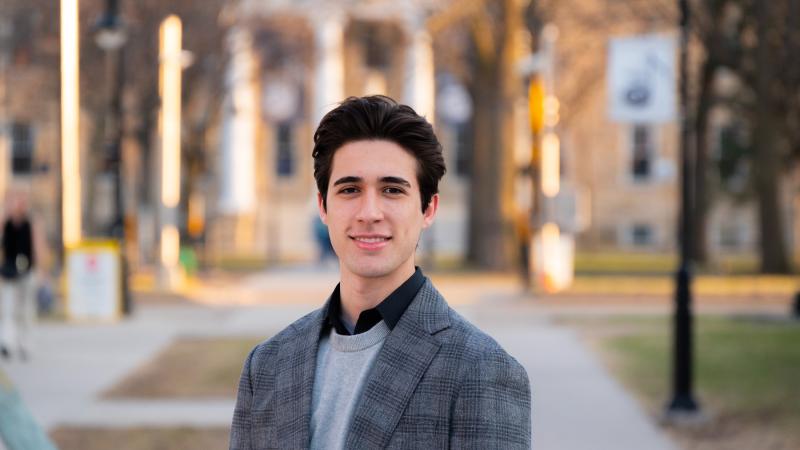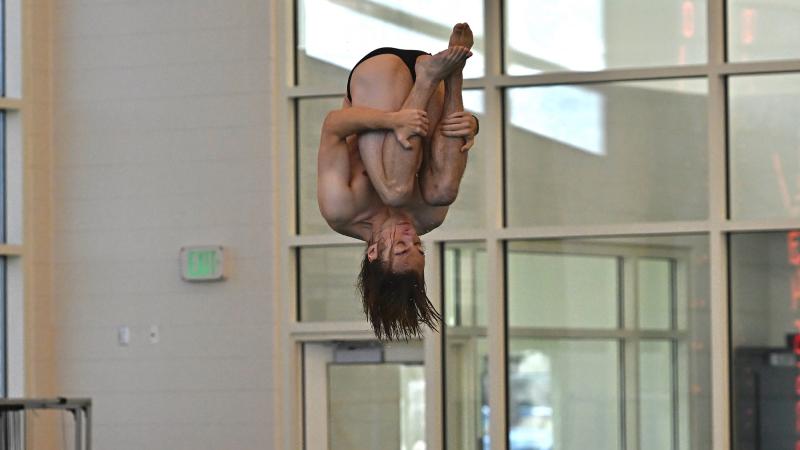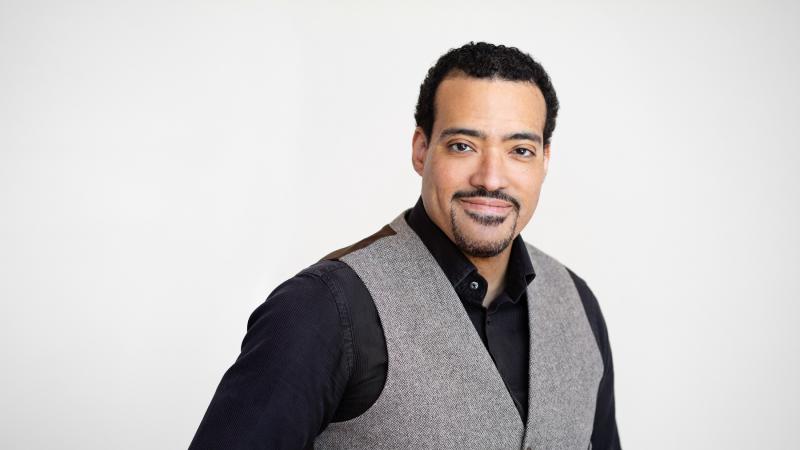Lawrence University’s Sydney Closson is rocking her undergraduate studies with help from a NASA Wisconsin Space Grant Scholarship.
A junior double-degree student from Rollesville, North Carolina, Closson’s scholarship will help her continue studying geoscience and music at Lawrence.
The scholarship is awarded by the Congressionally-funded Wisconsin Space Grant Consortium (WSGC). A part of NASA, WSGC helps fund STEM education through scholarships, research grants, internships, and more.
“She’s really interested in other planets,” said Jeff Clark, professor of geosciences and Closson’s academic advisor. “When I heard of that interest of hers, I really encouraged her to apply to this scholarship.”
Study our planet’s unique features while considering creative solutions to some of the world’s greatest challenges.
The highly competitive selection process includes applicants from the entire state. Closson is proud to be supported by an organization she admires.
“I’d love to work at NASA one day,” she said. “It’s a well-funded program with lots of brilliant people. That’s the dream; to work with brilliant people and have the funding to do research.”
In addition to the $2,000 award, Closson was invited to the 34th Annual Wisconsin Space Conference.
Closson’s application expressed her interest in comparing the geology of the earth to geology of other rocky bodies.
Closson said one of the biggest ideas in geoscience is learning how to read the rocks. Although the rules for how to do this differ from planet to planet, she wants to read the rocks of other rocky bodies to understand where we came from and where we might end up.
“We’re trying to figure out how and why things formed the way they did, and how that might play into the bigger question of life forming,” Closson said.
She finds meteorites to be particularly interesting, especially in their relation to life. Recent studies have shown the building blocks of DNA and RNA present in meteorites. While abroad in London next year, Closson plans to study the extensive collection of meteorites and meteorite fragments at the Natural History Museum.
“Meteorites are the beginning of the solar system,” Closson said. “They can tell us what the early solar system looked like, what that dust cloud we came out of looked like, and how fast it all happened.”
Closson adores the Geosciences Department at Lawrence.
“It is the best,” she said. “It’s so much fun and you learn so much. The people are incredible, the professors are incredible.”
Closson said she loves the hands-on approach the department has and has cherished memories from the trips she’s done with her classes.
After Lawrence, she plans to continue her education in meteoritics or planetary studies.
“She has a good intuitive feel for the geosciences,” Clark said. “We deal with really long timescales…and she has a great sense of that.”



